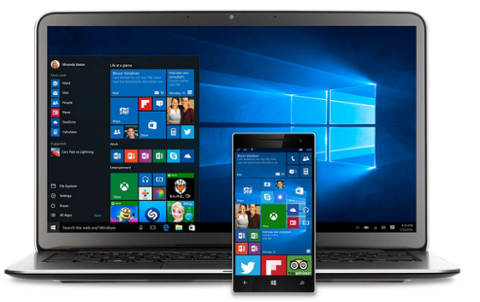Is Windows 10 Worth an Immediate Upgrade?
Tech pros who use Windows are probably wondering whether they should upgrade to the newest version of the operating system immediately after it debuts later this month. There are a lot of reasons for those tech pros to hold back: Windows 7 (which remains the dominant version of the OS, market-wise) is generally regarded as a solid operating system, for starters, and many of those who immediately upgraded to Windows 8 later regretted it. Although Microsoft designed Windows 8 to work equally well on tablets and traditional PCs, its oddly bifurcated user interface ended up alienating users of both styles of devices. Windows 10 rolls back many of Windows 8’s UX decisions, which may persuade even those users who felt burned by Microsoft to give the operating system another chance. Certainly Microsoft wants people to embrace Windows 10, offering it as a free upgrade for the first year of its release to anyone already using Windows 7 or 8. Based on the public beta, it seems as if Windows 10—baring something unforeseen—won’t offer up any unpleasant surprises, but it will have some bugs and quirks upon its release. In this age of the software update and downloadable patch, Microsoft will likely iterate quickly on some of the more annoying problems, so waiting just a bit could spare you from many of them (although the company does have a tendency to let some bugs linger for years). Businesses will wait to upgrade to Windows 10 until they can figure out how to integrate it with their existing technology (and lock it down, security-wise). For independent tech pros and regular users, it might be worth waiting just a bit, for Microsoft to tweak the operating system post-launch, before taking the plunge.


